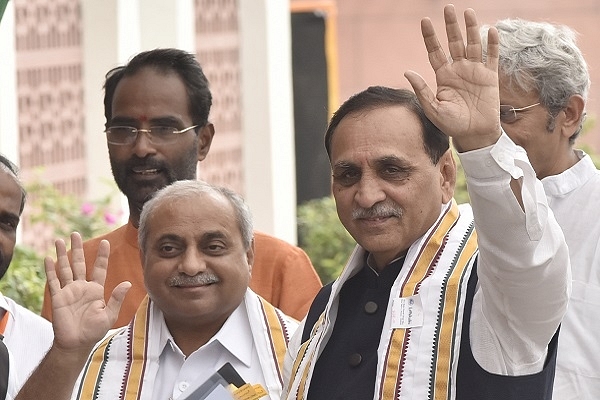
Returned By Three Presidents In 16 Years, Gujarat’s Stringent Anti-Terror Law Finally Gets President Kovind’s Assent
President Ram Nath Kovind has given his assent to the Gujarat Control of Terrorism and Organised Crime Bill (GCTOC), the first version of which was passed by the State Assembly 16 years ago but could not become a law in the absence of presidential assent. Subsequently, two other versions also failed to receive presidential nod.
Gujarat Minister of State for Home Pradeepsinh Jadeja on Tuesday (5 November) announced that the legislation passed by state Assembly has received President’s assent, adding, “Today the dream of Prime Minister Narendra Modi has been fulfilled”, reports India Today.
According to the report, one of the key features of the bill is that investigation agencies can intercept “oral, wire or electronic conversations” and submit them as evidence in the court.
The legislation also provides for the creation of a special court as well as the appointment of special public prosecutors. Besides, properties acquired through organised crimes can also be attached by the authorities under the provisions of the bill.
The first version of the bill was passed by Gujarat Assembly in 2003, when PM Modi was the chief minister of the state, as the Gujarat Control of Organised Crime (GUJCOC) Bill but did not receive presidential nod.
Later in 2008, the bill was again passed but was returned by the then President Pratibha Patil, over provisions on confessions made to a police officer.
In 2015, the Gujarat government re-introduced the bill by renaming it as the GCTOC but retained the controversial provisions like empowering the police to tap telephonic conversations and submit them in court as evidence.
However, the then president Pranab Mukherjee returned the legislation again, seeking clarifications on some provisions.